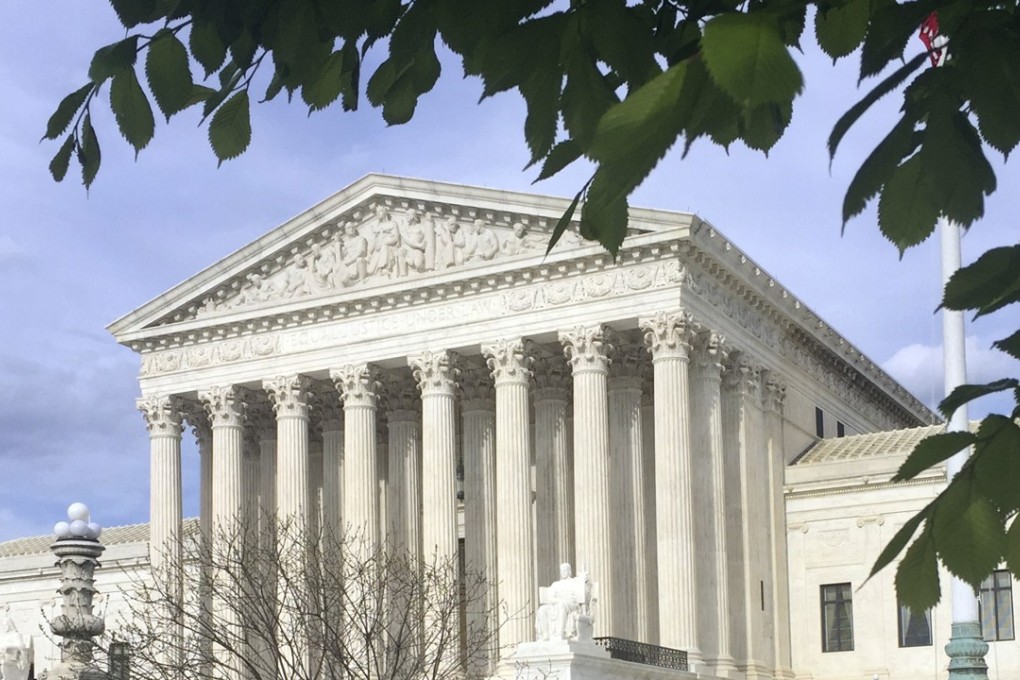US Supreme Court rules against Chinese vitamin C producers in antitrust case
The justices said US courts were not bound by China’s assertion that the vitamin makers, who are accused of price-fixing, were only following their country’s laws

The US Supreme Court on Thursday ruled unanimously against a group of Chinese vitamin C producers in a long-running antitrust battle that has pitted the US Justice Department against China’s central government.
The ruling leaves the Chinese companies, accused of colluding to fix the price and supply of their products, vulnerable to a US$148 million award in favour of the plaintiffs in the case against Hebei Welcome Pharmaceutical Co and other Chinese manufacturers.
China’s commerce ministry has called the legal moves against Chinese parties “hostile” and disrespectful”.
The Supreme Court ruling comes amid a high-profile battle within the US government about the fate of ZTE, another Chinese entity accused of breaking US laws, and as China and the US are embroiled in a trade dispute.
The US-based plaintiffs that purchased the imported vitamins – an animal-feed company and a vitamin distributor – have argued, since the case was first heard by a federal district court in 2006, that Chinese law did not force the two producers to collude on prices.
